Pasture
All Pasture Content
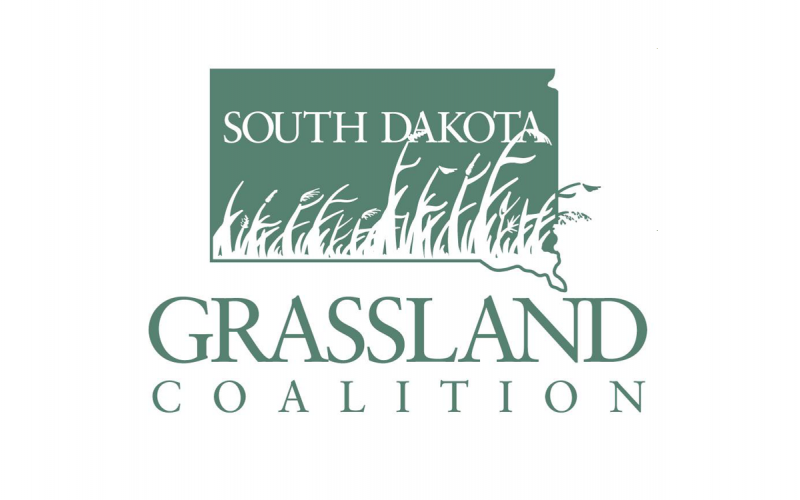
Introducing the South Dakota Grassland Coalition
The South Dakota Grassland Coalition is a non-profit organization that seeks the voluntary improvement and protection of privately owned grasslands for the long-term needs of the resource and its various species.
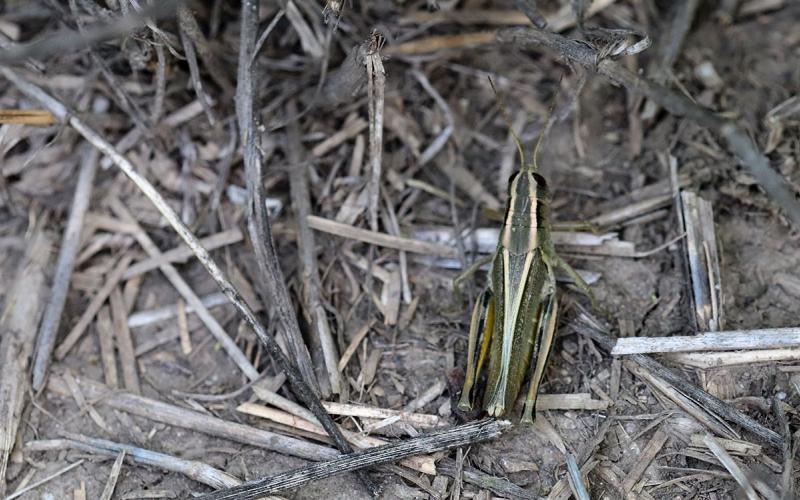
Will Grasshoppers Be an Issue in 2021?
With much of South Dakota experiencing dry conditions this year, grasshoppers are one of the insect pests that will need to be monitored. Large grasshopper populations may cause economic loss in cash crops and reduce forage in range and pasture lands.

Qualifying Livestock Forage Program Applications
As drought conditions worsen, livestock producers will find feed assistance from the Livestock Forage Program administered by the U.S. Department of Agriculture Farm Service Agency. Learn how to qualify, apply and certify your application for assistance.
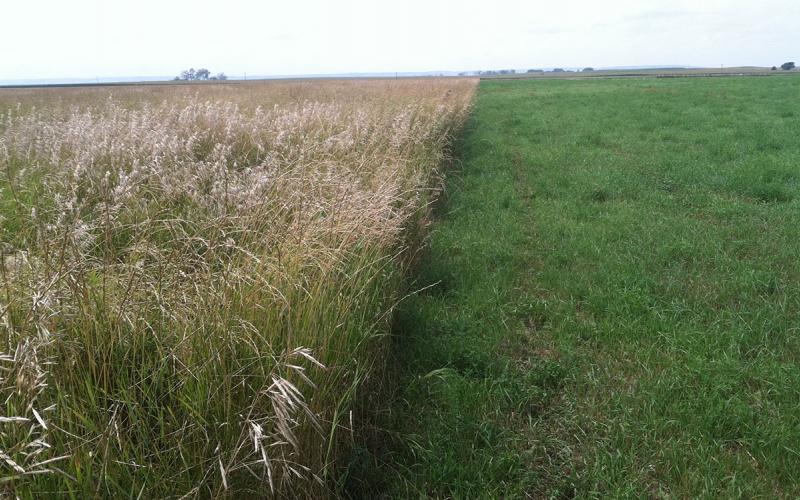
Grassland Fertilization: Exotic Grass Planting Case Studies - McPherson and Jerauld Counties
Our previous installment of this series discussed the effects of fertilization on native grassland plantings. This last installment addresses the options for fertilization on low-diversity exotic grassland plantings.
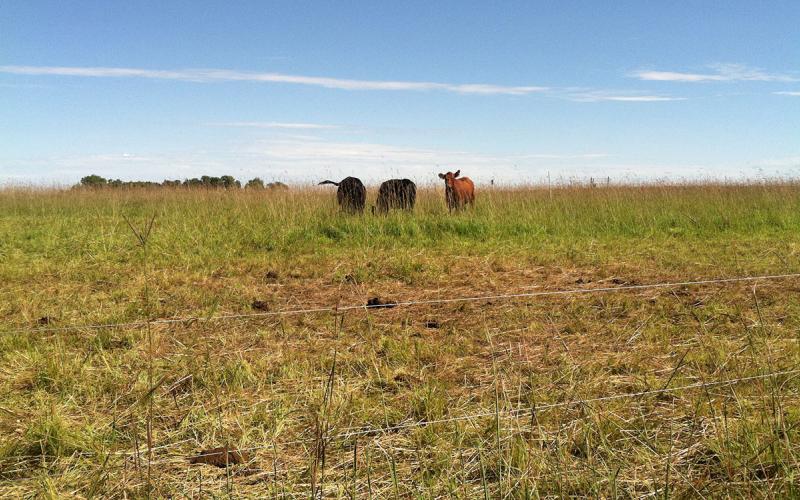
Grassland Fertilization: Native Grass Planting Case Study - Codington County
Management goals of planted grasslands are an important driver in the consideration of whether fertilizer applications will be beneficial or harmful. Here, we will discuss various plant communities and the impact of fertilization on each.
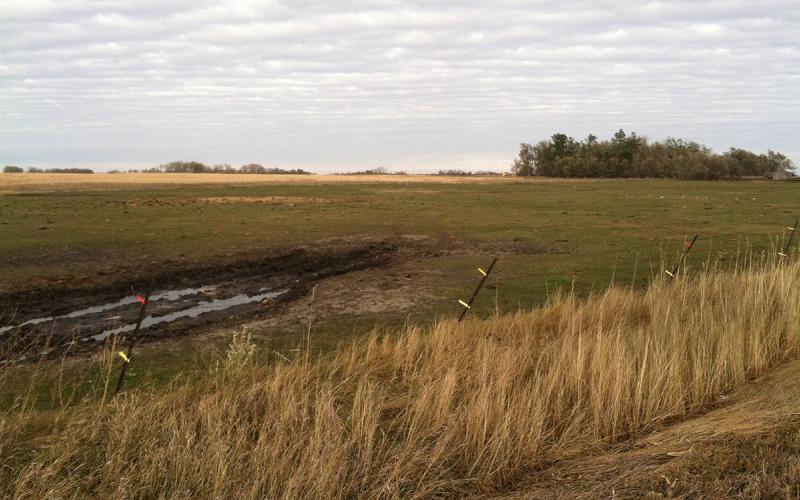
Grassland Fertilization: Native Pasture Case Study - Hamlin County
Whether fertilization pays or not depends on the species present, the past management history and the type of grazing strategy. This study compares two very different plant communities that represent typical pastures and management schemes in this area.
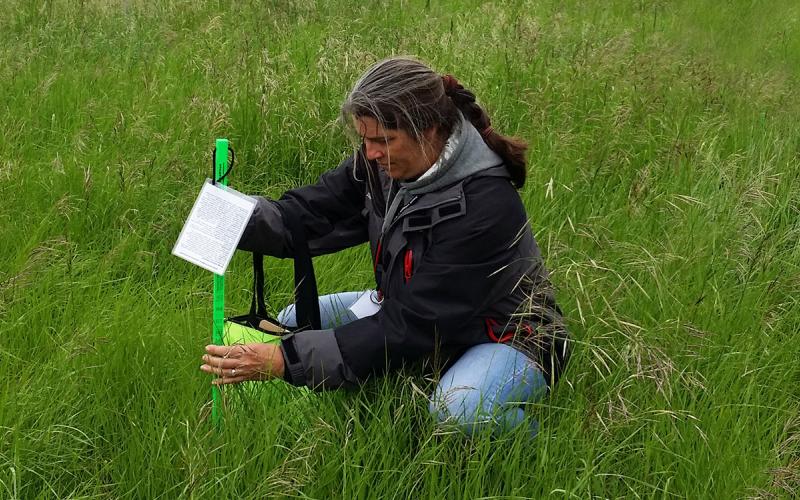
Using the ‘Grazing Stick’ To Assess Pasture Forage
Assessing pasture forage is a key step in planning grazing strategies. A grazing stick is a tool that uses simple math and measurements to determine herd size, stocking rates and available grazing days. We will address how to use a grazing stick in this article.

Focus on Grazing Management, Not Grazing ‘Systems’
Focusing only on the system and forgetting the fundamental truths of grazing will break any grazing strategy. Producers should instead focus on intensive management, making informed decisions based on the current conditions.
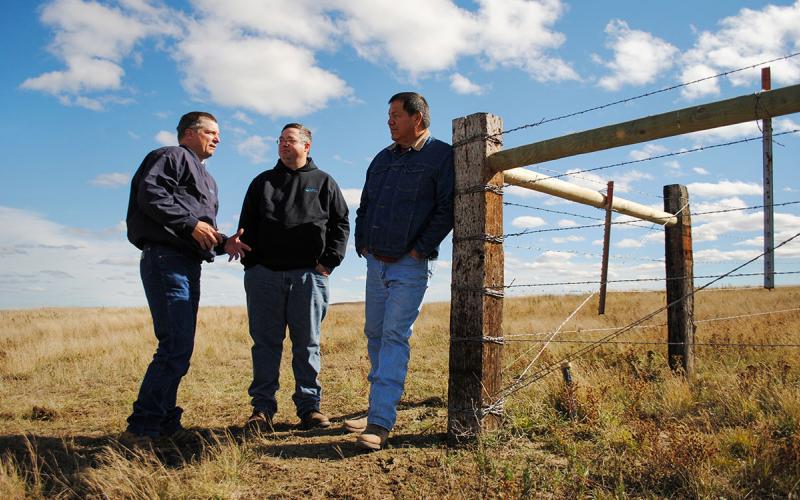
Fall Is the Time To Plan for Fire
Fall is the time to begin planning for spring prescribed fire. This article examines the three primary components to a successful burn: burn unit preparation, burn planning and burn implementation.
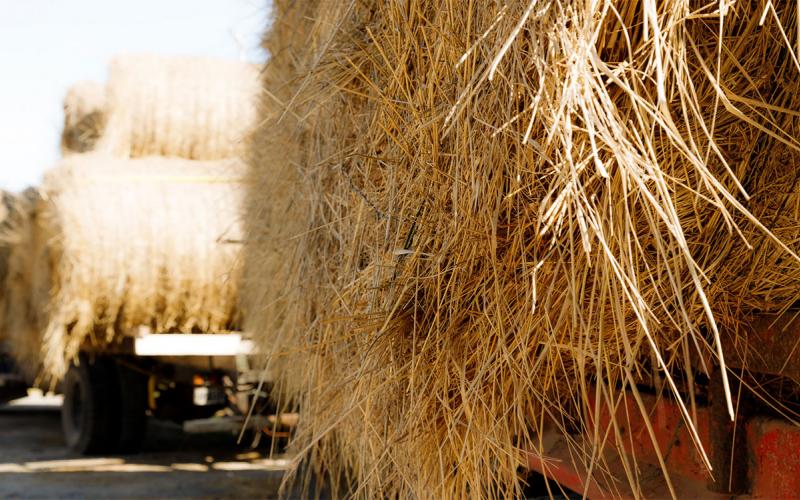
Haul the Feed or the Cows
Reduction in pasture forage availability may require producers to decide between hauling feed or hauling cows. Learn how to decide which option is best for your operation.